This emerging narrative of catastrophe is putting enormous pressure on all our political beliefs. Now there’s still some conservative parties, some US Republicans for example, who deny the basic facts, but we can be pretty sure I think that any politics that denies the facts doesn’t have much of a future.
The Nexus Institute (Page 2 of 4)
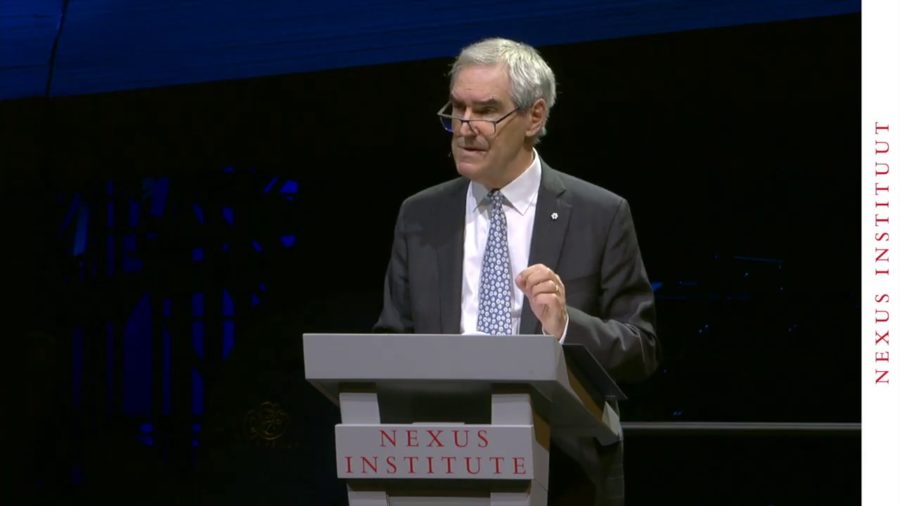
Liberalism in the Anthropocene
presented by Michael Ignatieff
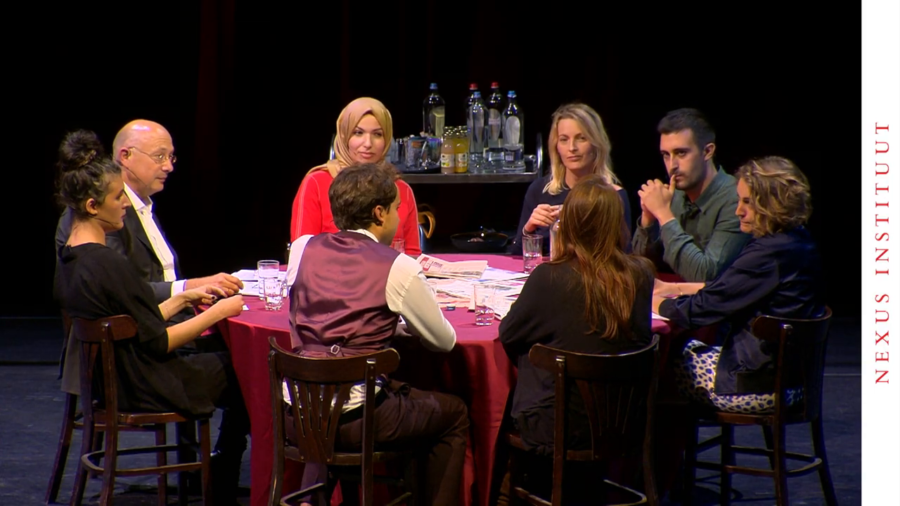
How Should We Do Politics?
presented by Celeste Marcus, Flavia Kleiner, Intissar Kherigi, Joan Magrané Figuera, Rob Riemen, Wojtek Wieczorek
I think that politics has always been susceptible to conversion so that it’s not actually about living people it’s about signaling membership within a particular community.
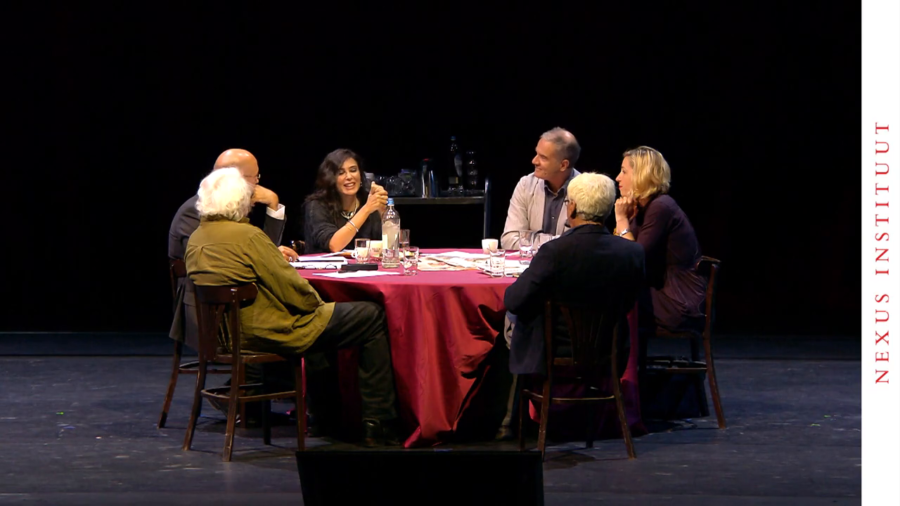
What is the Sickness of Our Times?
presented by Leon Wieseltier, Nadine Labaki, Pamela Paul, Sari Nusseibeh
There are these two basic fundamental fears, these ur-fears that are rippling through our societies. The first is the fear of complexity, and the second is the fear of change.
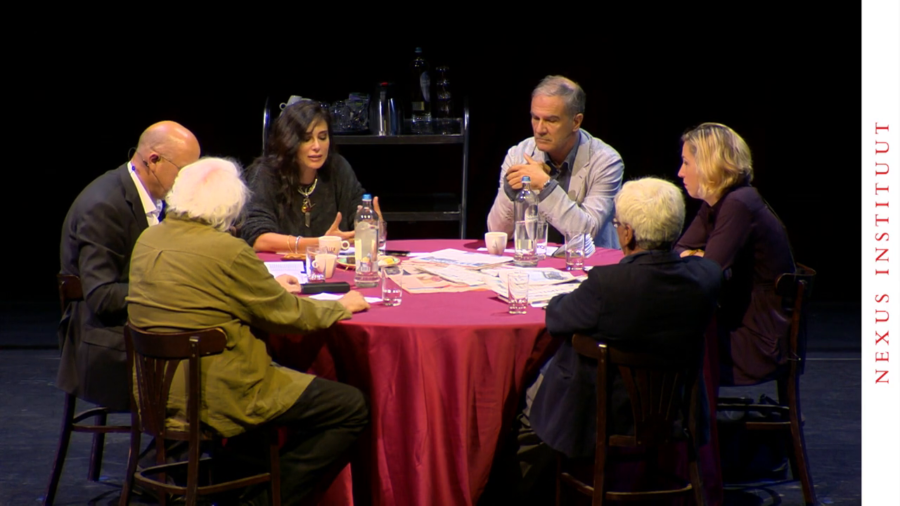
What is the Value of Culture?
presented by Edoardo Albinati, Leon Wieseltier, Nadine Labaki, Pamela Paul, Rob Riemen
In America now, you can defend the humanities but only on economic grounds. So a theater improves a neighborhood. Or many people who study English become McKinsey consultants. But the fact is that you do it for itself, intrinsically, and you do it for the cultivation of the person and the cultivation of the citizen. Which should be reward enough.
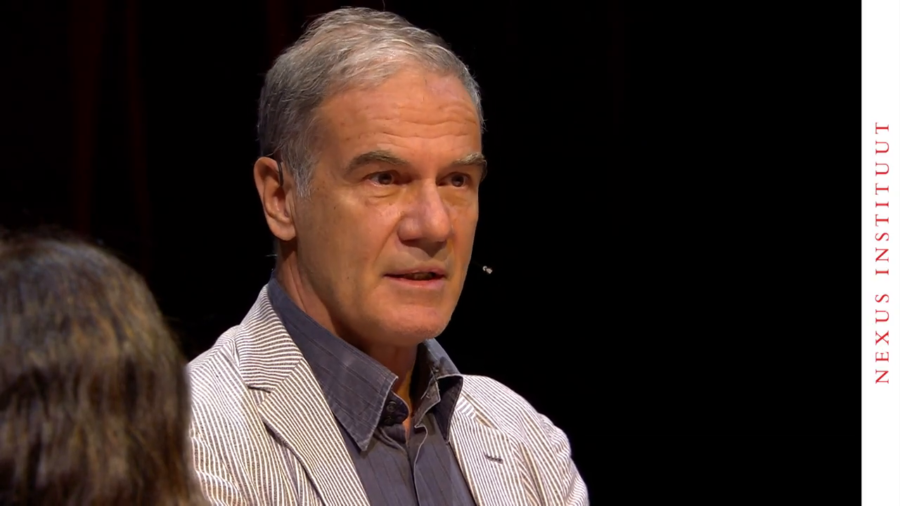
Nihilism and Human Nature: Good or Bad?
presented by Edoardo Albinati, Leon Wieseltier, Nadine Labaki, Rob Riemen
I’m very diffident towards values, any kind of. Because you know, values can be very dangerous. And as the poem of Yeats says, the passionate intensity in believing in something can be very dangerous.
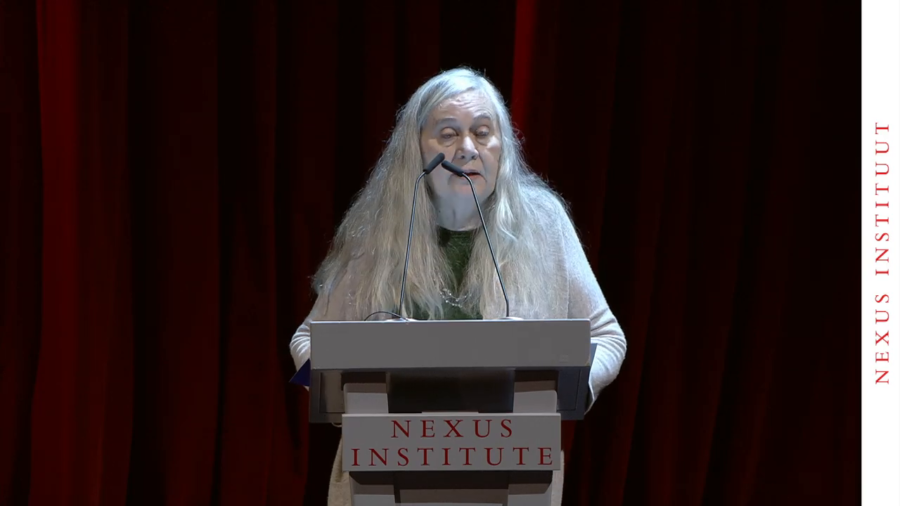
The Nexus Institute “The Battle Between Good and Evil” conference keynote
presented by Marilynne Robinson
Modern Western societies are not organisms that thrive or perish as one thing, one mind, one experience. They are compacts, based on the expectation that those charged with responsibilities will carry them out in good faith, and crucially that those who are relatively powerful will not seriously abuse, exploit, or simply neglect those who are relatively vulnerable.
There is this bias in society that as long as you have more information things are automatically better because you have more knowledge. It’s a bias that goes all the way back to the Enlightenment.
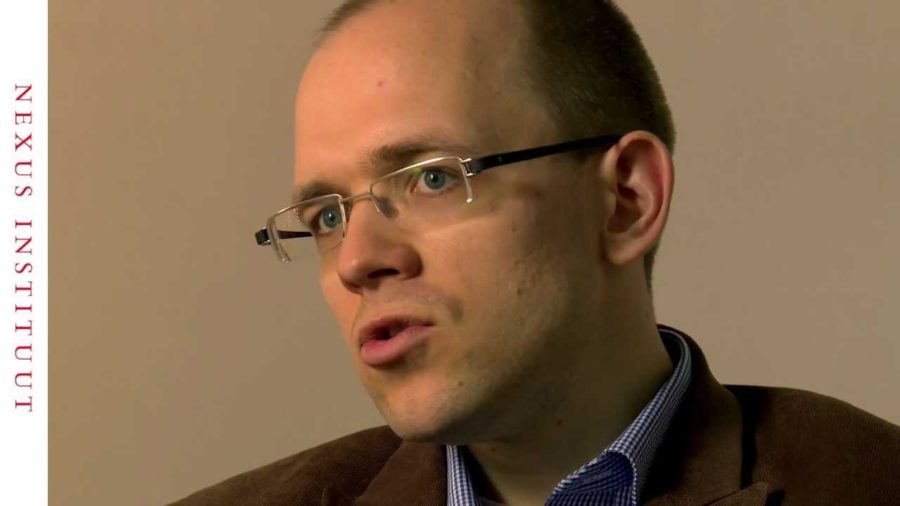
Evgeny Morozov on the Kingdom of Geeks
presented by Evgeny Morozov
There is this very bizarre alliance between world-changing geeks on the one hand and policymakers who only care about outcomes. They no longer care about how those outcomes are arrived at. They have stripped politics of all meaning. All they want is to get people to do the right thing. They don’t care why they do it.
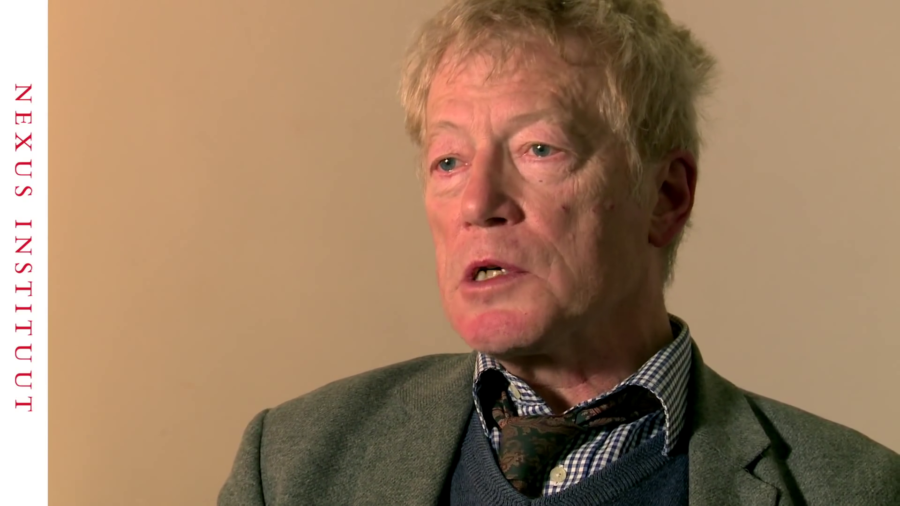
Roger Scruton on Alternatives to Idealism
presented by Roger Scruton
The 20th century was created by idealism. Communism and fascism and Nazism are all based on idealized systems, what the world should be ideally, and how it isn’t what it should be, and therefore we’re entitled to change it radically and take control of it in order to do so.
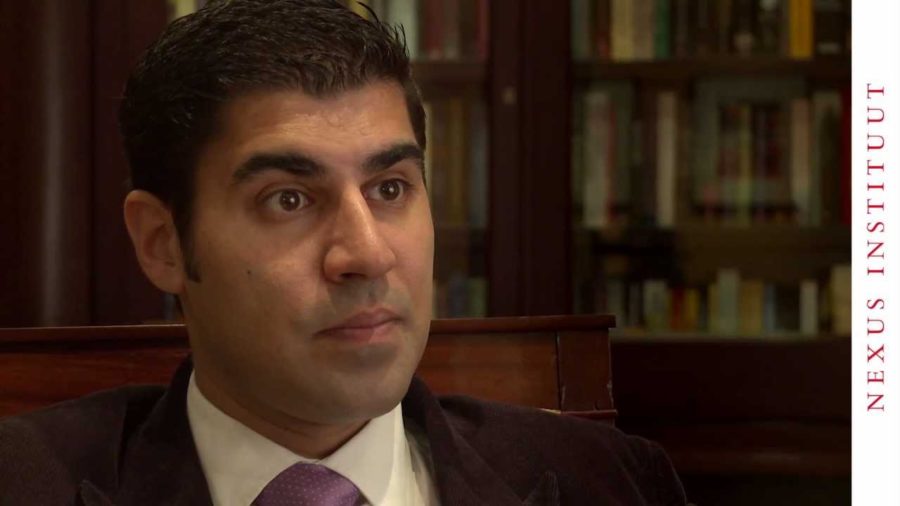
Parag Khanna on the Ideal World
presented by Parag Khanna
For most people on an individual level most the time, their future still feels very different from that of other people. We live in a world, for example, of enormous income inequality, right. So even though there is a global economy, it certainly doesn’t feel like one’s sort of day-to-day fate or destiny is linked to those of people around the world, even if it is in very invisible kinds of ways.
